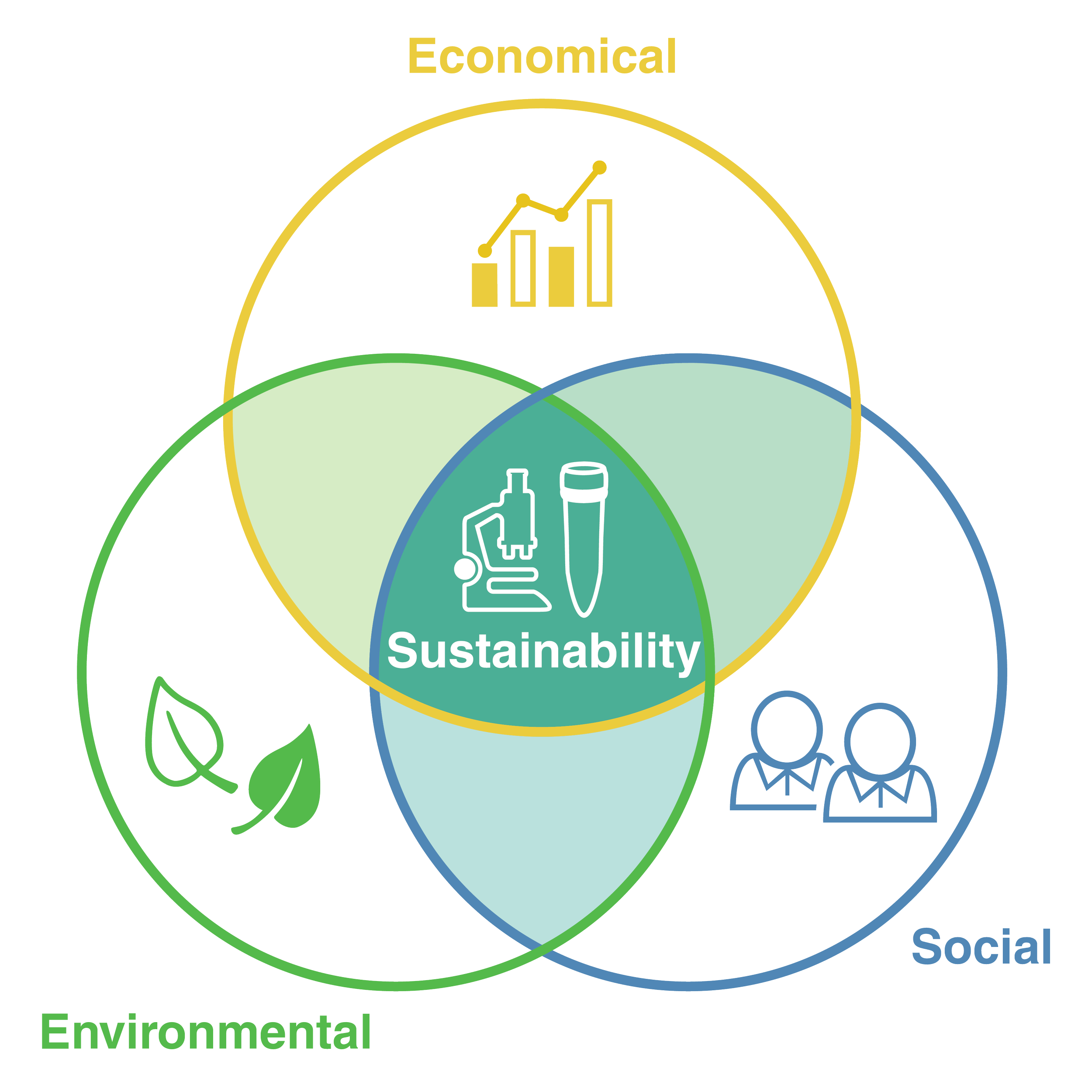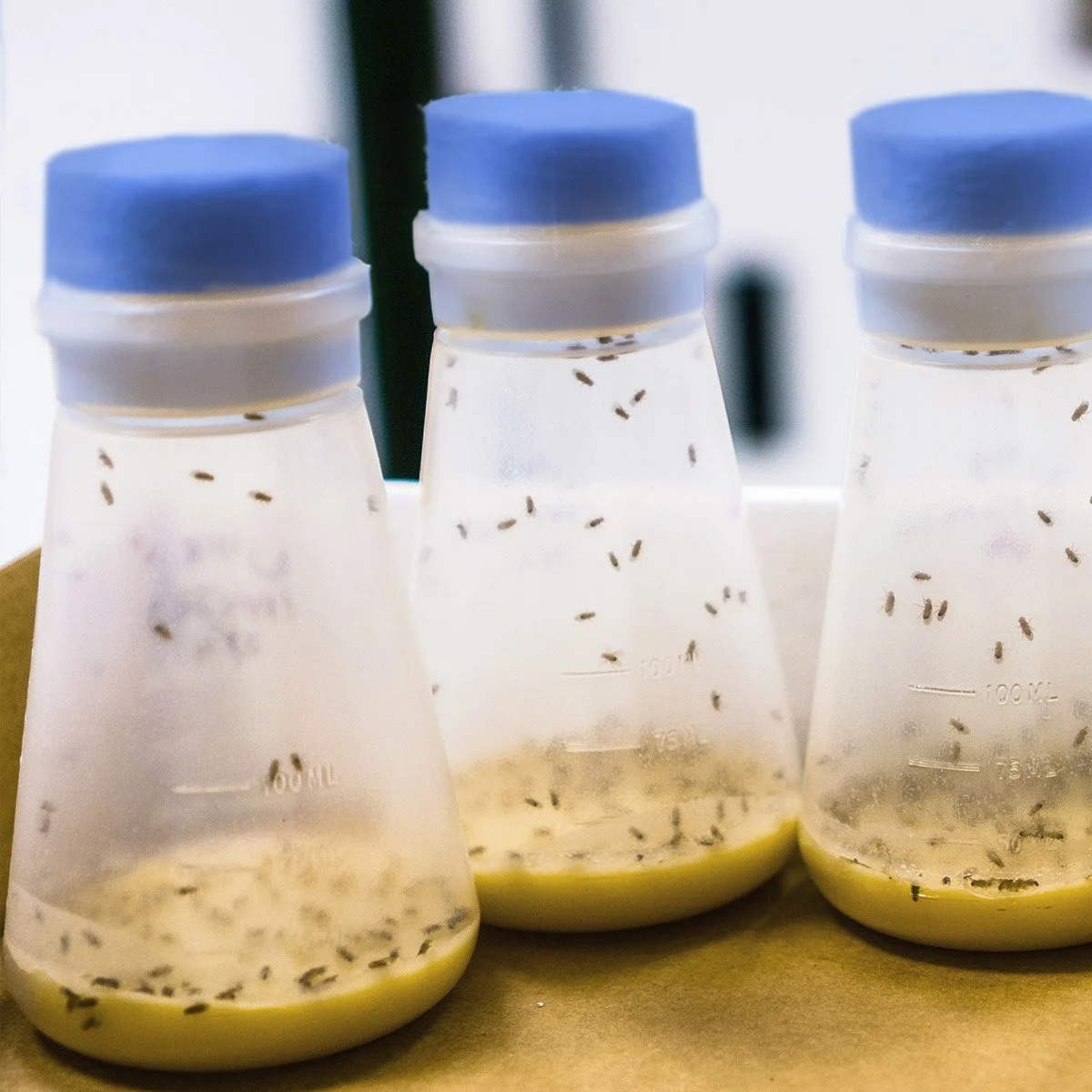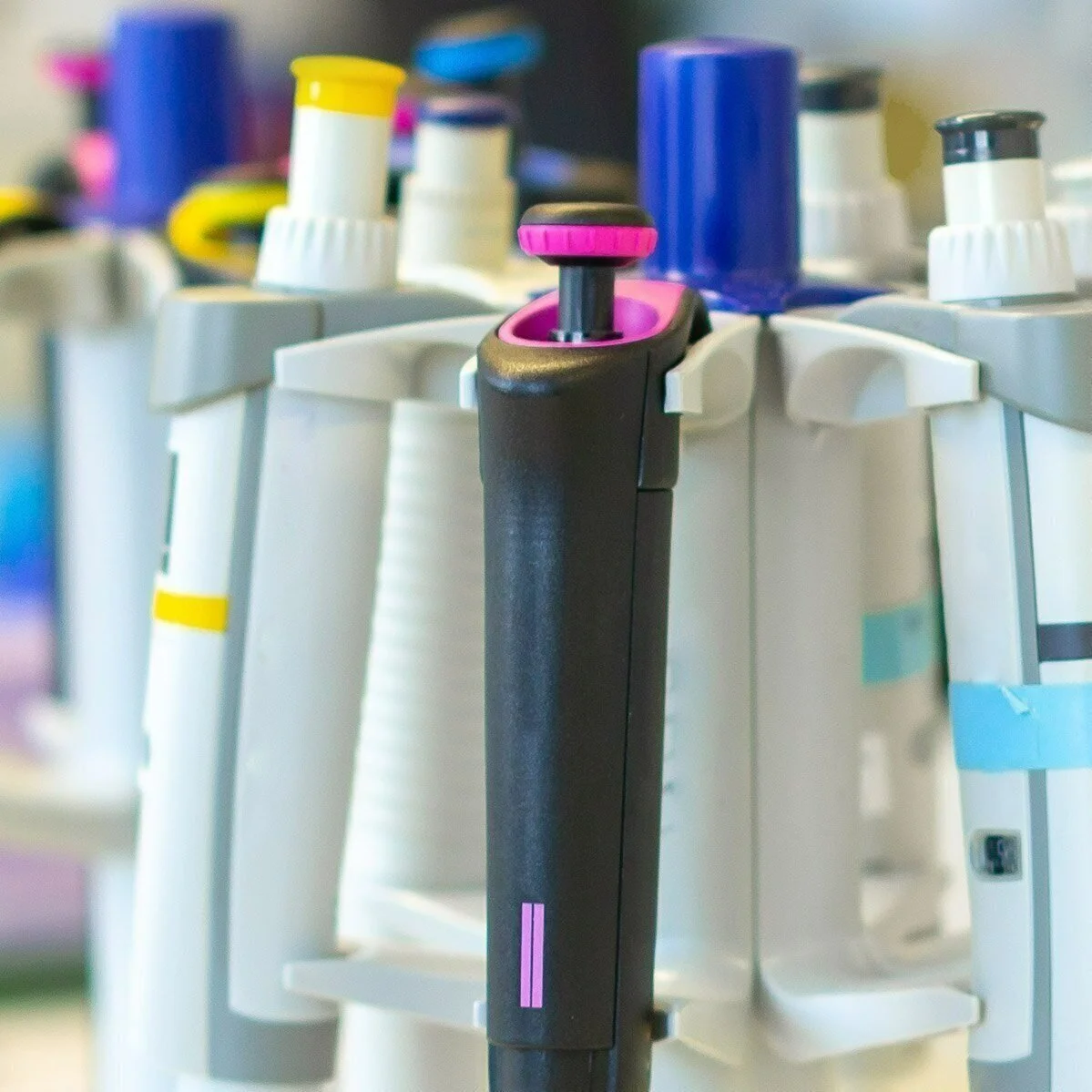Conserving Scientific Resources
Biologists who apply sustainability principles in their laboratory work have long recognized the value of circular economy. The science and lab technology that drive discovery move fast. Needs for specific lab materials can change quickly alongside pivots in basic research projects and paths to drug development. New principal investigators and biotech start-ups have always appreciated access to shared equipment, core facilities, and free surplus lab materials. Unfortunately, many times, surplus equipment and lab materials go to waste. A lack of storage space and limited networks can make it challenging to get these resources to other scientists. After lab supply chains were thrown into disarray during the pandemic, non-profits that connect donated equipment and materials to labs in need,, and lab surplus exchange services that refurbish lightly used equipment for resale at lower prices, became even more relevant. Today, these circular economy organizations have only grown in value. Uncertainty is creeping back into international trade and lab supply chains. American scientists await edicts on funding in the U.S. research grant system - an unnecessary reminder to researchers everywhere that scientific progress relies on costly infrastructure. The “indirect costs” under contention in the U.S. that scientists rely on day-to-day include lab support staff, journal access, buildings, common-use instruments, energy, water, safety compliance programs, and waste disposal services. Best practices for lab sustainability economize science and responsibly limit the impact on nature. This is a moment where the field stands together. Even though it’s not possible to predict where the science will lead, we can promise that life science discoveries will serve humankind well into the future. In the words of science writer and philosopher Jacob Bronowski, “Knowledge … is an unending adventure at the edge of uncertainty.” Working in research requires resolve. This green lab tip highlights a few circular economy sources for lab materials and equipment to support the mission in a small way. Let’s keep life science research and education going strong!
Organizations Supplying Free Reagents and Equipment
To lean into circular economy principals, begin by checking if your facility has an in-house programs to retain and reuse lab surplus. Contact your operations office to inquire about asset management strategies. For example, MIT, Rutgers University, and the University of Alabama at Birmingham use The Rheaply platform for lab exchange, which also offers a nationwide public reuse marketplace in the USA, in addition to its systems for internal asset inventory management. Accessing in-house lab surplus is safer than purchasing lab consumables from eBay®, considering that manufacturers may no longer offer maintenance support for older instruments. Below is a list of a few standouts that offer free reagents and lab equipment in different parts of the world.
Seeding Labs connects universities and research institutes in low- and middle-income countries with high-quality laboratory equipment. Instrument manufacturers like Cytivia, Agilent and Thermo Fisher partner with their customers to donate equipment being replaced, to put it into use by other labs, and avoid landfill waste.
TPSP is a not-for-profit organization based in Melbourne, Australia, that primarily promotes STEM education by diverting scientific equipment from landfills and donating it to schools in need.
The Reagent Project matches excess scientific equipment and reagents languishing in labs across the U.S. with talented, under-resourced researchers around the world.
Wasteless Bio is a new exchange platform based in the U.K. eager to build relationships with labs in need of free, or deeply discounted, surplus equipment, reagents and consumables, including bioprocessing and cell culture systems. The exchange partners with manufacturers, pharmaceutical companies, and large biotech companies with the goal of getting their surplus into use by other scientists.
Warp it Reuse Network: Find, give away, or loan laboratory equipment, office furniture and other unused resources within your own organization and beyond. (U.K., E.U., USA, AU & NZ)
The Pipetting Pigeon is seeking recipient laboratories and schools in need of donated, unused lab consumables in the New England area of the U.S.A..
Do you know of AN organization doing good that we missed?
Check out our resource page for Lab Equipment and Supply Reuse for an extended list of non-profits and services that accept donated laboratory equipment and enable circular economy principals in life science. Email us at info@labconscious.com if you know of another dependable organization that should be on this list!






